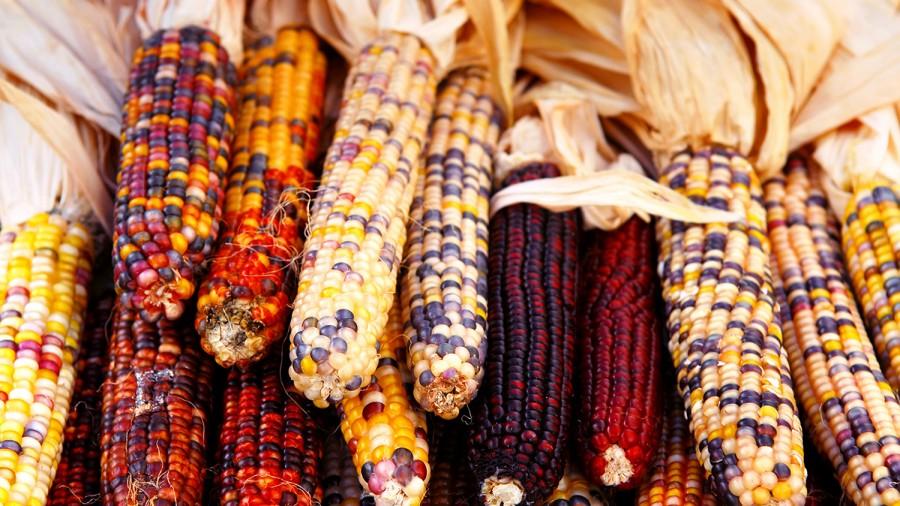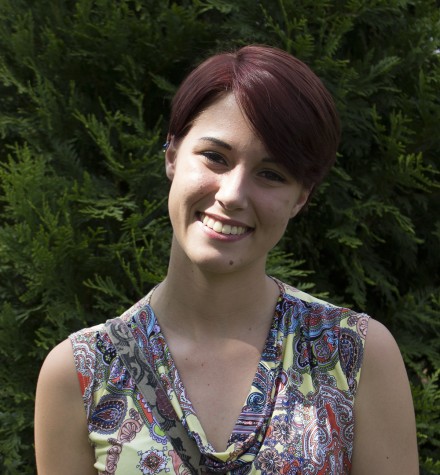Thanksgiving Myths and Traditions
courtesy of kids.nationalgeographic.com
There are several traditions and myths associated with Thanksgiving
November 30, 2015
The fourth Thurs. of every November is commonly known as a day full of excessive eating and contentment, Thanksgiving. Even though Black Friday shopping has started to take over Thanksgiving evenings, there are still some traditional activities and foods that Americans indulge in.
For the holidays, most families partake in travelling. Traffic-wise, Thanksgiving is the busiest day of the year according to some, and there is nothing like eight hour car rides with family. Of course, whenever people get to their destinations, there is “the feast.” Thanksgiving is notorious for second, third, and fourth helpings of delicious food, including (but not limited to) turkey, dressing, ham, pie, and corn. Along with that, there is the wishbone tradition; the wishbone is found in the breast meat of the turkey. Once the bone is dried out, two family members grab opposite sides of the bone and pull, and when it breaks, whoever has the larger piece has their wish granted. That being said, the wish has to be made before the breaking.
Another huge Thanksgiving tradition is the official pardoning of the national turkey. Every year, the president of the United States is presented with a live turkey (and a back-up), and the president formally pardons the turkey, letting it live. With each Thanksgiving also comes the Macy’s Day parade. This televised event is adored by families nationwide and includes balloons and performances from Broadway musicals.
With traditions, there are many myths regarding Thanksgiving. The first being that turkey makes eaters sleepy. According to bonappetit.com, turkey does not contain enough tryptophan (an amino acid that is similar to serotonin) to cause drowsiness. There is actually more tryptophan in chicken breast and cheese than in turkey. The drowsiness is more-than-likely because of overeating.
Additionally, the terms Puritans and pilgrims are used interchangeably; however, they are different. According to historynewsnetwork.org, the pilgrims came on the Mayflower and settled in Plymouth; meanwhile, the Puritans came about a decade later and settled in Boston. The pilgrims attempted to accept the natives, and a feast was held in celebration. This is well-known as the origin of Thanksgiving; however, there is controversy surrounding the event.









